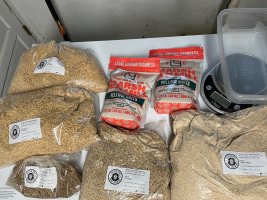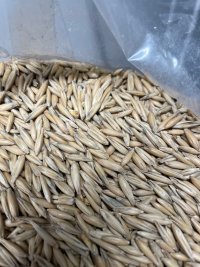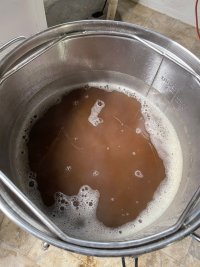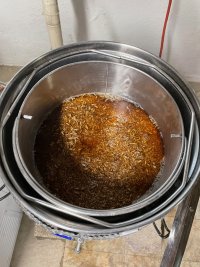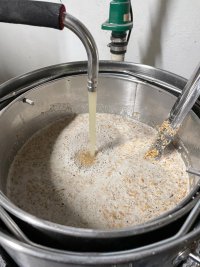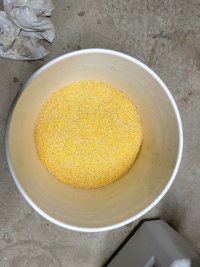- Joined
- Jan 21, 2019
- Messages
- 218
- Reaction score
- 130
I've wanted to try brewing a cream ale for sometime and decided that a Kentucky Common Ale is going to be my first foray into this style. I want to also try Grouse's new Pale Oat malt as I've heard oats add creaminess to beer so I'm hoping it will compliment the cream ale style. Here is my planned grain bill, appreciate everyone's insights and feedback.
- 4 lbs Biscuit Rice
- 3 lbs Pale Rice
- 3 lbs Bob's Red Mill Corn Grits
- 3 lbs Pale Millet
- 2 lbs Pale Oat Malt
- 0.75 lbs Caramel Millet 120L
- 2 oz Cluster Hops
- 1 sachet Lallemand Koln Yeast










![Craft A Brew - Safale S-04 Dry Yeast - Fermentis - English Ale Dry Yeast - For English and American Ales and Hard Apple Ciders - Ingredients for Home Brewing - Beer Making Supplies - [1 Pack]](https://m.media-amazon.com/images/I/41fVGNh6JfL._SL500_.jpg)




































